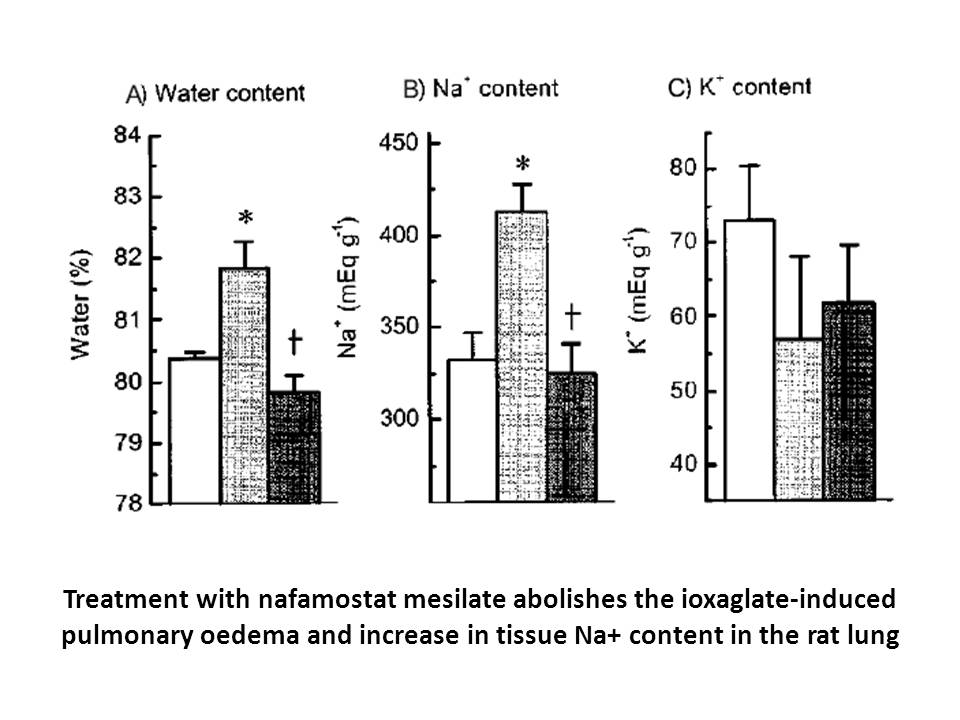Archives
br Acknowledgments This work was
Acknowledgments
This work was supported by the Russian Foundation for Basic Research [grant number 16-04-00205], The Russian Science Foundation [grant number 16-15-00235], Czech Academy of Sciences [grant number RVO 61388963], and the Technology Agency of the Czech Republic [grant number TE01020028]. The authors would like to thank Mr. Ben Watson-Jones M. Eng. for language correction.
Introduction
Cognitive impairment is a core symptom of major depressive disorder (MDD) (McIntyre et al., 2013) observed during mood episodes, as well as during periods of euthymia (Conradi et al., 2011). According to the Diagnostic and Statistical Manual of Mental Disorders fifth edition (DSM-5) (Freedman et al., 2013), as part of a major depressive episode (MDE), cognitive dysfunction may manifest in numerous ways, such as a diminished ability to think, concentrate, make decisions, and psychomotor slowing. Replicated evidence has demonstrated that Leonurine hydrochloride mg cognitive dysfunction is a major mediator of MDD-related functional impairment (Buist-Bouwman et al., 2008). With its plethora of disabling sequelae, cognitive dysfunction has a lasting impact on many functional domains of life, including, but not limited to, social and occupational performance (Timmermans, 2011). Therefore, interventions that specifically target and improve measures of cognitive function may significantly facilitate functional recovery (McIntyre and Lee, 2016).
Relatively few antidepressants have been adequately studied to evaluate potential pro-cognitive effects in MDD (McIntyre et al., 2015). Conventional antidepressant medications which target the monoaminergic system (e.g., selective serotonin reuptake inhibitors [SSRIs]), have a minimally beneficial effect on cognitive function (Rosenblat et al., 2015). As part of the International Study to Predict Optimized Treatment in Depression (iSPOT-D) trial (n = 1008), no relative improvement in cognition was observed after acute treatment with first-line antidepressants (escitalopram, sertraline, or venlafaxine extended-release), even in patients whose depression remitted acutely according to clinical measures (Shilyansky et al., 2016). Only vortioxetine (Al-Sukhni et al., 2015; Mahableshwarkar et al., 2015; McIntyre et al., 2014) and to some extent, duloxetine (Raskin et al., 2007; Robinson et al., 2014) and levomilnacipran (Wesnes et al., 2017) have demonstrated pro-cognitive effects in MDD (Pan et al., 2018).
Novel treatments for depression-related cognitive impairment are currently being studied. Proof-of-concept studies of psychostimulants (Candy et al., 2008), modafinil (a dopamine reuptake inhibitor treatment for narcolepsy) (Goss et al., 2013), recombinant human erythropoietin (Miskowiak et al., 2014), and intranasal insulin (Mcintyre et al., 2012; Reger et al., 2006) have shown preliminary evidence for potential pro-cognitive effects. However, these novel therapeutic studies had small sample sizes and would require replication in larger, randomized controlled trials (RCTs). Additionally, utilizing a Research Domain Criteria (RDoC) framework, replicated evidence suggests that cognitive dysfunction is common to most psychiatric disorders, with overlapping transdiagnostic pathophysiology (Trull and Widiger, 2013). Therefore, modulators that have shown efficacy in improving cognitive function in other neuropsychiatric disorders, such as Alzheimer's disease and schizophrenia, may potentially be effective in treating similar cognitive symptoms in MDD.
Among other proposed modalities and agents, mounting evidence suggests that drugs targeting the glutamate system may represent a valuable treatment alternative for MDD (Deutschenbaur et al.,  2016; Sanacora et al., 2012), and associated cognitive impairment (Pehrson and Sanchez, 2014). Previous reviews have focused on glutamate site antagonists and NMDARs channel blockers (e.g., ketamine) (Sattar et al., 2018), without adequately evaluating the effects of targeting the glycine site of NMDARs. As such, the objective of the current narrative review is to summarize and synthesize preclinical and clinical studies evaluating the effects of N-methyl-d-aspartate receptors (NMDARs) glycine site enhancers. While the focus of the current review is to determine the role of glycine site modulators in MDD, we also explore the effects of glycine site modulation trans-diagnostically (e.g., in healthy participants, schizophrenia, anxiety disorders, major neurocognitive impairment) given the likely overlapping pathophysiology of cognitive dysfunction. Towards this end, literature databases were searched from inception to May 2018 for relevant pre-clinical and clinical studies evaluating antidepressant and pro-cognitive effects of NMDAR glycine site modulators in both MDD and non-MDD samples.
2016; Sanacora et al., 2012), and associated cognitive impairment (Pehrson and Sanchez, 2014). Previous reviews have focused on glutamate site antagonists and NMDARs channel blockers (e.g., ketamine) (Sattar et al., 2018), without adequately evaluating the effects of targeting the glycine site of NMDARs. As such, the objective of the current narrative review is to summarize and synthesize preclinical and clinical studies evaluating the effects of N-methyl-d-aspartate receptors (NMDARs) glycine site enhancers. While the focus of the current review is to determine the role of glycine site modulators in MDD, we also explore the effects of glycine site modulation trans-diagnostically (e.g., in healthy participants, schizophrenia, anxiety disorders, major neurocognitive impairment) given the likely overlapping pathophysiology of cognitive dysfunction. Towards this end, literature databases were searched from inception to May 2018 for relevant pre-clinical and clinical studies evaluating antidepressant and pro-cognitive effects of NMDAR glycine site modulators in both MDD and non-MDD samples.